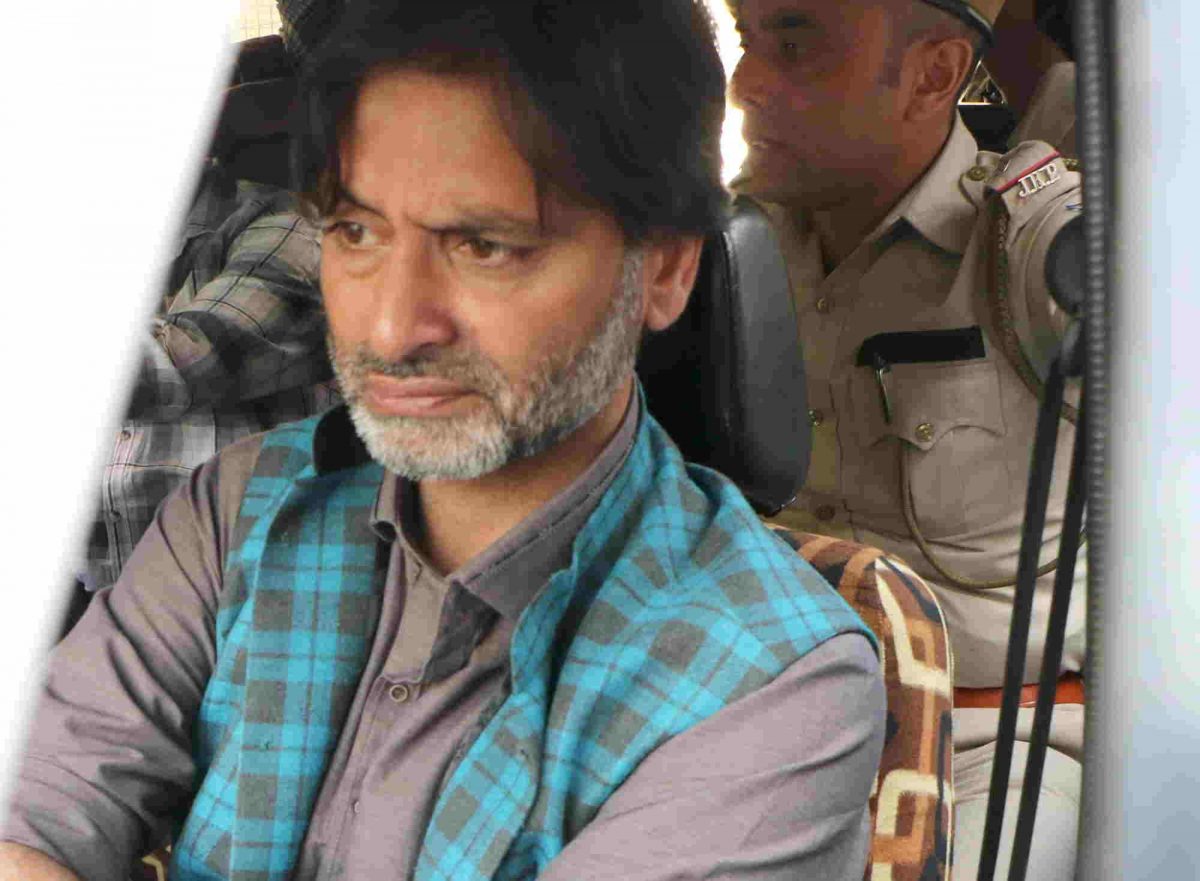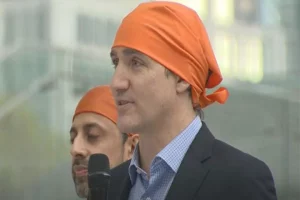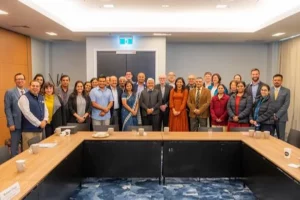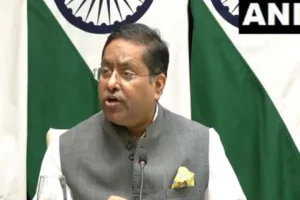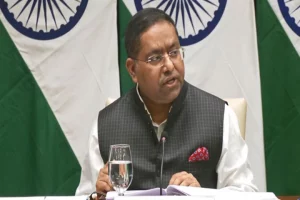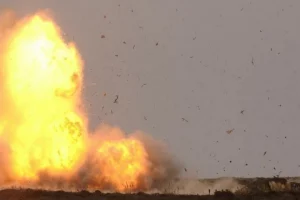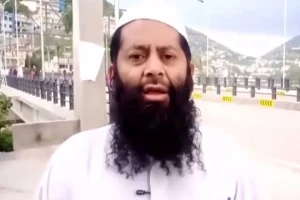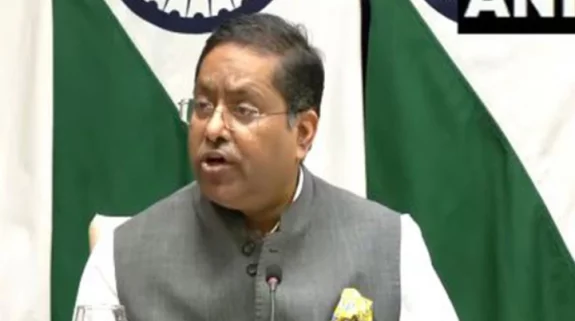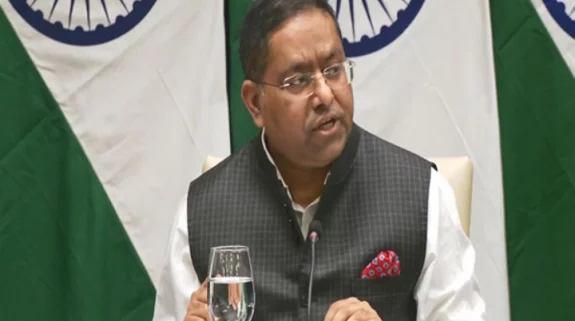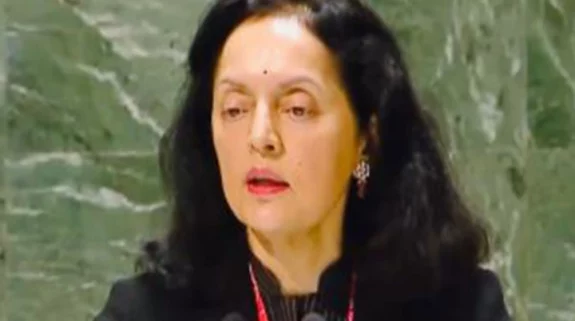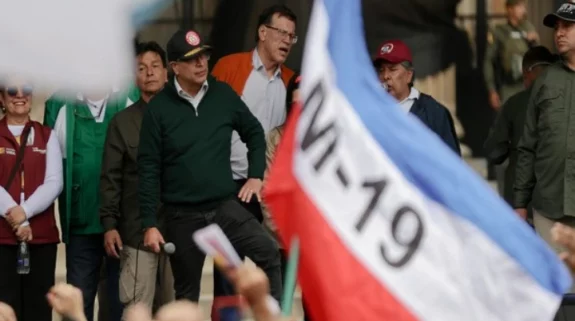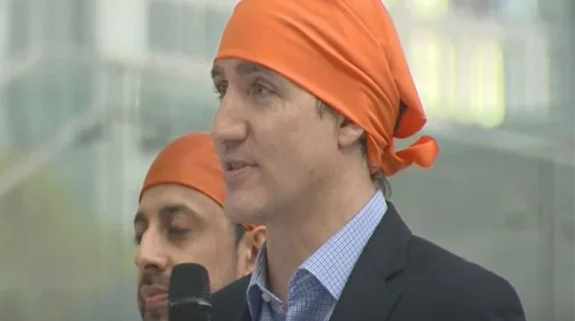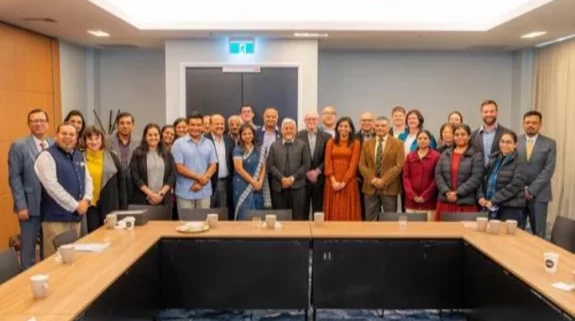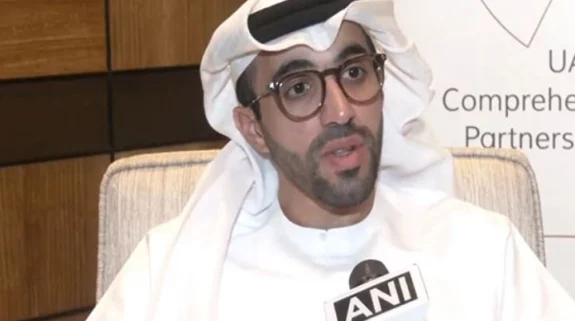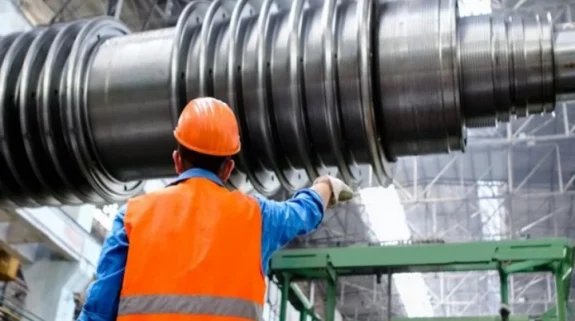A section of the Indian intelligentsia that for years took pride in flaunting proximity to Kashmir’s separatist leaders has completely turned its back on them with the change in Delhi’s political air after 2014. For about 25 years, much more than Pakistan, this section of activists within India laboured hard to promote the valley’s separatists and their slogan of ‘azaadi’—freedom from India.
Even in the fifth year of the BJP government, senior Congress leaders like former Home Minister P Chidambaram were seen as soft to the idea of accommodating Kashmir’s pseudo separatists within the mainstream. But most of the separatists’ mainstream promoters vanished after the death of 40 CRPF men in a terror strike on the Srinagar-Jammu highway on 14 February 2019.
One of the significant developments in the wake of the Pulwama terror strike was the ban on Yasin Malik’s Jammu and Kashmir Liberation Front (JKLF) and reopening of two major CBI cases —kidnapping of the then Union Home Minister Mufti Sayeed’s daughter, Rubaiya Sayeed, in December 1989 and killing of the four Indian Air Force (IAF) personnel in January 1990. Both had been virtually dumped as the CBI made no effort to contest staying of the trial from April 2009 to March 2019.
So, when the TADA court in Jammu last week ordered framing of charges against Malik and nine of his JKLF associates in the Rubaiya kidnapping case, there was no murmur of protest from the once formidable support structure of the separatists in the mainstream politics, media and academia. Nobody has questioned incarcerating the JKLF chief years after his meetings with the two Indian Prime Ministers.
There is a striking similarity between 1984 and 2019. As the suicide bomber Adil Khan’s terror attack led to Malik’s trial in two forlorn cases after 29 years, the Indian diplomat Ravinver Mhatre’s kidnapping and assassination by the JKLF terrorists in Birmingham in 1984 led to the rejection of the mercy petition of death row extremist Maqbool Bhat who was then executed.
The BJP has been claiming credit for the Narendra Modi government’s crackdown on the separatists but there have been unanswered questions over the ‘freedom’ that the secessionist ecosystem enjoyed with impunity till February 2019. “Sectors of that familiar ecosystem are still intact”, said a senior political analyst, pointing out how a lawyer, promoted by Omar Abdullah’s and Mufti governments for a vacancy in the Jammu and Kashmir High Court but dropped after MHA’s adverse report, was still holding a contractual position in the UT government.
The analyst, on condition of anonymity, attributes both, the crackdown on the separatists as well as the abrogation of Article 370 and 35-A, to the Pulwama car bomb blast. Even after the Prime Minister’s and the Union Home Minister’s claim that security had been fully withdrawn from all the separatist leaders, he claims that at least one of such leaders was currently protected by eight district Police guards.
From the days of interlocutors KC pant and KK Mishra to Mehbooba Mufti’s unilateral ceasefire with the militants in 2018, the separatists grew like a State within a State. They enjoyed the Police and the CRPF protection, influenced transfers and appointments of civil and Police officers and got their own kith and kith recruited in the government services through backdoor. There was no bar on their frequent visits to Pakistan, Europe and America where they popularised the azaadi narrative and projected India as a ‘rogue and occupying country with no regard for law and human rights’.
Deputy Commissioners and Superintendents of Police ensured their accommodation and other hospitality at the government guesthouses during their azaadi rallies and anti-election campaigns. Before boarding a flight at the Srinagar airport, their Police guards would carry them through the VIP channels and the SP would mark his attendance with a cup of coffee and snacks for them at the VIP Lounge.
All the separatist leaders, including the Dukhtaran-e-Millat chairperson Asiya Andrabi, would be treated at the tertiary care Sher-e-Kashmir Institute of Medical Sciences (SKIMS) in the two VIP rooms reserved for Governor, Chief Minister, Chief Secretary and Ministers. In different jails, special refrigerators and other things had been installed for the separatist detainees. They would also use smartphones with SIM cards of their choice. One particular deputy SP remained attached to Mirwaiz Umar Farooq for 15 years.
Much of that appeasement, hospitality and protocol has ended after February 2019.
Even in 2017, when a delegation from Delhi called on Syed Ali Shah Geelani, Air Vice Marshal (retd) Kapil Kak addressed hardliner Geelani as ‘bab’ (father). “I come every year to have a glimpse of my father,” Kak was heard and recorded telling Geelani.
Former Minister and Congress leader Mani Shanker Aiyar, Track-2 activist OP Shah and journalist Vinod Sharma, besides Kak, were in the delegation from Delhi. Interestingly such meetings—in Srinagar as well as in Delhi—continued for over two decades even as no separatist leader budged an inch from Pakistan’s narrative of Plebiscite and azaadi. Those claiming “concrete achievements” and advocating ‘Track-2’ diplomacy were humiliated in 2016 when the separatists organised massive rallies and hoisted only the Pakistani flag all across the valley.
Lok Jana Shakti Party leader Ram Villas Paswan is credited with having arranged for ‘Prime Ministerial treatment’ for Geelani at a top hospital in Mumbai. Once BJP’s top leader and Minister, and a celebrated lawyer, Ram Jethmalani, besides actor-turned-politician Shatrughan Sinha, came to be known as Geelani’s fast friends.
On one dramatic occasion in September 2016, Geelani shut his doors and refused to meet a delegation comprising, among others, CPM’s Sitaram Yechury, CPI’s D Raja, RJD’s Jai Prakash Narayan Yadav and JDU’s Sharad Yadav. It was Hurriyat’s unprecedented humiliation to the Indian Leftists.
In over a month, however, Geelani permitted a meeting at his Srinagar residence with the former External Affairs Minister and the BJP leader Yashwant Sinha, former Chief Information Commissioner of India Wajahat Habibullah, Air Vice Marshal (retd) Kapil Kak, activist Shushoba Bharve and journalist Bharat Bhushan.
Academician Madhu Kishwar, who was for years known for her proximity to the PDP and the JKLF, terminated her visits to Maisuma before 2014. The ‘galaxy’ of the Indian intelligentsia, seen as very close and ‘fast friends’ to some top separatist leaders included several academics, serving and retired bureaucrats, journalists, lawyers, filmmakers and television anchors. They included Arundhati Roy, Kudip Nayar, Prem Shankar Jha, Shushoba Bharve, Wajahat Habibullah, Radha Kumar, Dileep Padgaonkar, Tapan Bose, Seema Mustafa, Ashok Bhan, Kamal Mitra Chenoy, Amitabh Pandey, AS Dullat and OP Shah were known for their liaison with Malik and other separatists and their advocacy of ‘talks’ with them.
While Malik is now facing trial in Delhi’s Tihar Jail, where his one-time colleagues Shabir Shah, Nayeem Khan and Zahoor Watali are facing charges of terror funding, other separatist leaders are living under ‘house arrest’ in Srinagar.






